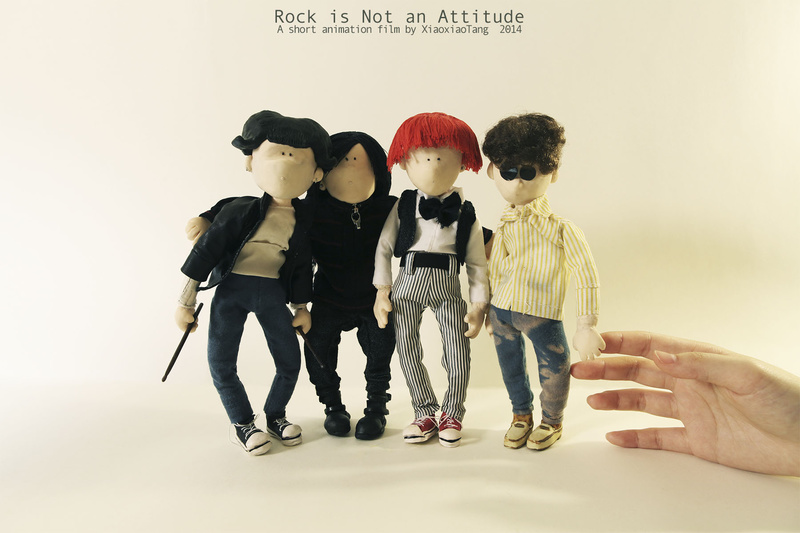“Both comedy and horror are often viewed by critics and the general public as “low brow” genres with little social relevance and few redeeming qualities.” - Dr. David Gillota, associate professor of English at University of Wisconsin - Platevlle. 2019.
On October 3rd, 2019, Dr. Gillota participated in a forum that examined “how satire in horror films exposes systemic societal issues.” He provided an analysis of Jordan Peele’s “Get Out” and argued that this film “straddles the line between humor and horror in order to critique systemic racism and expose the hypocrisy of white liberalism.”
It can be argued that Christina Diamantara’s short film “Witchin” does straddle this humor-horror line so as to critique systemic patriarchy and expose the hypocrisy of sexism and misogyn. Pallavi Prasad outlines the difference between these three intertwined concepts in her article “The Difference Between Sexism and Misogyny, and Why It Matters": “If patriarchy is the overarching social organization in which men hold the power, and from which women are largely excluded, then misogyny and sexism are the two drivers that uphold this system. If patriarchy is the state with a capital S, the sexism is the ideology, the legislative pillar….Misogyny, then, is the method. It is both the executive and the judiciary, in that it enforces the ideology and reprimands where there is a breach of law. It is the hostile policing of those women who violate patriarchal norms and expectations, thereby setting a precedent for the cost of feminist transgression.”
In her Director Statement, Christina Diamantar highlights the fact that her film is about “a young idealistic witch, on her quirky-spells-and-pink-glitter-filled quest to find the notorious and elusive Big Dick Energy ingredient…” Although the story is set in “the world of fantasy and make-believe” Christina insists that her short film “is deeply rooted in human reality, and more so by the current social context that first inspired it.”
The Instagram hashtag #bigdickenergy is one of the elements that inspired “Witchin”. Christina finds that “this idea - that your confidence is as big as the size of your penis - is not only perpetuating a toxic interpretation of masculinity, but is also inevitably suggesting that, yet again, confidence is a male thing. I thought it would be funny to use this term as a physical ingredient - and in a way create a satirical metaphor about women who do all the right things, in terms of working towards their goals, only to realize that the most important step for their success is to find some way to capture the essence of male privilege.”
 |
| Christina Diamantar - Director of "Witchin" |
In her article titled “Standing Up: What Men Can do to counter systemic sexism in the office”, Liz Elting writes: “With privilege comes power, and there are so many ways you can use that power for good: speak up and call out sexism and misogyny amongst your peers, stand up for and champion women, point out when a woman colleague came up with a great idea (especially when credit is misatrributed to a man), hire and promote women, and the big one I’ll focus on today, opt out of boys’ clubs and fratty workplace culture.”
Here is the trailer for “Witchin” plus two insightful interviews where Christina further expounds on “Witchin” and her overall filmmaking journey and explains more about the secret ingredient BDE.
































































































































































































